Related Research Articles

The Keystone Cops are fictional, humorously incompetent policemen featured in silent film slapstick comedies produced by Mack Sennett for his Keystone Film Company between 1912 and 1917.

Mack Sennett was a Canadian actor, director, comedian, and studio head who was known as the "King of Comedy" during his career.

Tillie's Punctured Romance is a 1914 American silent comedy film directed by Mack Sennett and starring Marie Dressler, Mabel Normand, Charlie Chaplin, and the Keystone Kops. The picture is the first feature-length comedy and was the only feature-length comedy made by the Keystone Film Company.
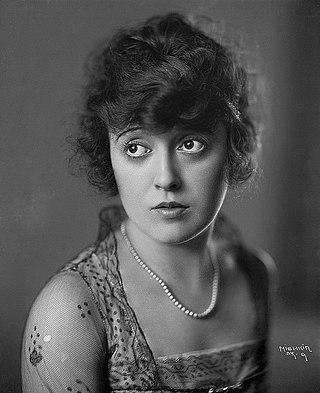
Amabel Ethelreid Normand, better known as Mabel Normand, was an American silent film actress, screenwriter, director, producer, and comedian. She was a popular star and collaborator of Mack Sennett in their Keystone Studios films, and at the height of her career in the late 1910s and early 1920s had her own film studio and production company, the Mabel Normand Feature Film Company. On screen, she appeared in twelve successful films with Charlie Chaplin and seventeen with Roscoe "Fatty" Arbuckle, sometimes writing and directing films featuring Chaplin as her leading man. In the 1920s Normand's name was linked with scandal, including the 1922 murder of her friend, the director, William Desmond Taylor and later the 1924 shooting of Courtland S. Dines: Dines had been shot by Normand's chauffeur, Kelly using her pistol after a drunken Dines had allegedly said derogatory things to Normand. After police interrogation, she was ruled out as a suspect in the murder. Normand suffered a recurrence of tuberculosis in 1923, which led to a decline in her health, an early retirement from films in 1926, and her death in 1930 at age 36.
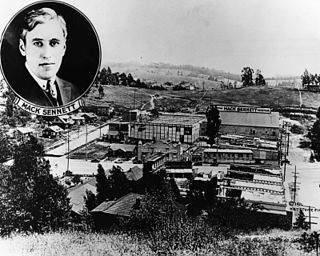

Mack Swain was a prolific early American film actor, who appeared in many of Mack Sennett’s comedies at Keystone Studios, including the Keystone Cops series. He also appeared in major features by Charlie Chaplin and starred in both the world's first feature length comedy and first film to feature a Movie-within-a-movie premise.

Ford Sterling was an American comedian and actor best known for his work with Keystone Studios. One of the 'Big 4', he was the original chief of the Keystone Cops.

Chester Cooper Conklin was an early American film comedian who started at Keystone Studios as one of Mack Sennett’s Keystone Cops, often paired with Mack Swain. He appeared in a series of films with Mabel Normand and worked closely with Charlie Chaplin, both in silent and sound films.

Slim Summerville was an American film actor and director best known for his work in comedies.
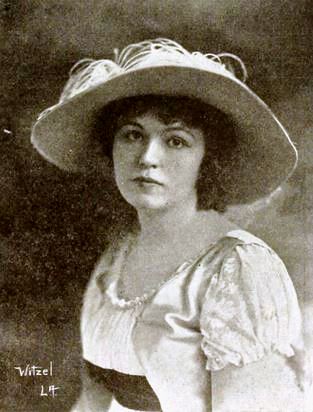
Ethel Teare was an American silent film actress from Phoenix, Arizona.

Araminta Estelle "Minta" Durfee was an American silent film actress from Los Angeles, California, possibly best known for her role in Mickey (1918).

Alice Howell was a silent film comedy actress from New York City. She was the mother of actress Yvonne Howell.

Getting Acquainted, subsequently retitled A Fair Exchange, is a 1914 American comedy silent film written and directed by Charles Chaplin, starring Chaplin and Mabel Normand, and produced by Mack Sennett for Keystone Studios.

Glenn W. Cavender was an American film actor. He appeared in more than 250 films between 1914 and 1949.

Harry McCoy was an American film actor and screenwriter. He appeared in more than 150 films between 1912 and 1935.
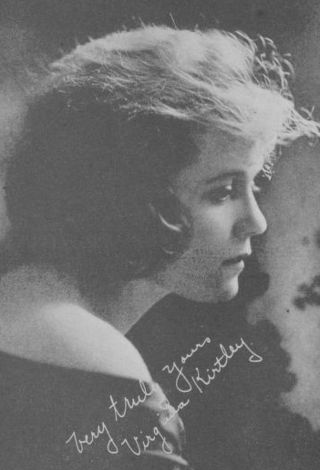
Virginia Kirtley was an American film actress and writer during the silent era. She appeared in more than 50 films in the 1910s and 1920s.

The L-KO Kompany, or L-KO Komedies, was an American motion picture company founded by Henry Lehrman that produced silent one-, two- and very occasionally three-reel comedy shorts between 1914 and 1919. The initials L-KO stand for "Lehrman KnockOut".
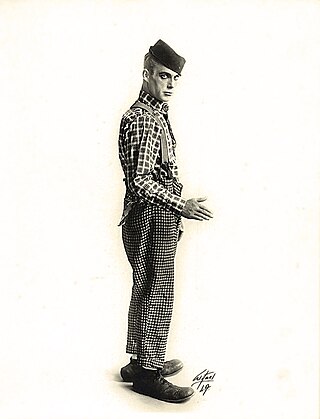
Al St. John (1893–1963) was an American comic actor who appeared in 394 films between 1913 and 1952. Starting at Mack Sennett's Keystone Film Company, St. John rose through the ranks to become one of the major comedy stars of the 1920s, though less than half of his starring roles still survive today. With the advent of sound drastically changing and curtailing the two-reel comedy format, St. John diversified, creating a second career for himself as a comic sidekick in Western films and ultimately developing the character of "Fuzzy Q. Jones", for which he is best known in posterity.

Peggy Pearce was an American film actress of the silent era. She worked primarily in short subjects at the L-KO Kompany and Keystone Studios. She appeared alongside stars including Charles Chaplin, Roscoe Arbuckle, Billie Ritchie, Slim Summerville, Ford Sterling, and Mabel Normand.

Luke the Dog (1913–1926) was a Staffordshire Terrier that performed as a recurring character in American silent comedy shorts between 1914 and 1920. He was also the personal pet of actress Minta Durfee and her husband, the comedian and director Roscoe "Fatty" Arbuckle.
References
- ↑ "Motion Picture Star Prefers Cadillac Sedan—Blame Her?". Arizona Republic. August 21, 1921. Retrieved September 12, 2020.
- 1 2 Walker, Brent E. (January 13, 2010). Mack Sennett's Fun Factory: A History and Filmography of His Studio and His Keystone and Mack Sennett Comedies, with Biographies of Players and Personnel. McFarland. ISBN 978-0-7864-5707-6.
- ↑ California World War I Soldier Deaths. California State Library. Roll 1, Box 2042, Folder 1.
- ↑ "Coliseum Stars Will Marry on Stage at Show". Arizona Republic. November 15, 1919. Retrieved September 12, 2020.